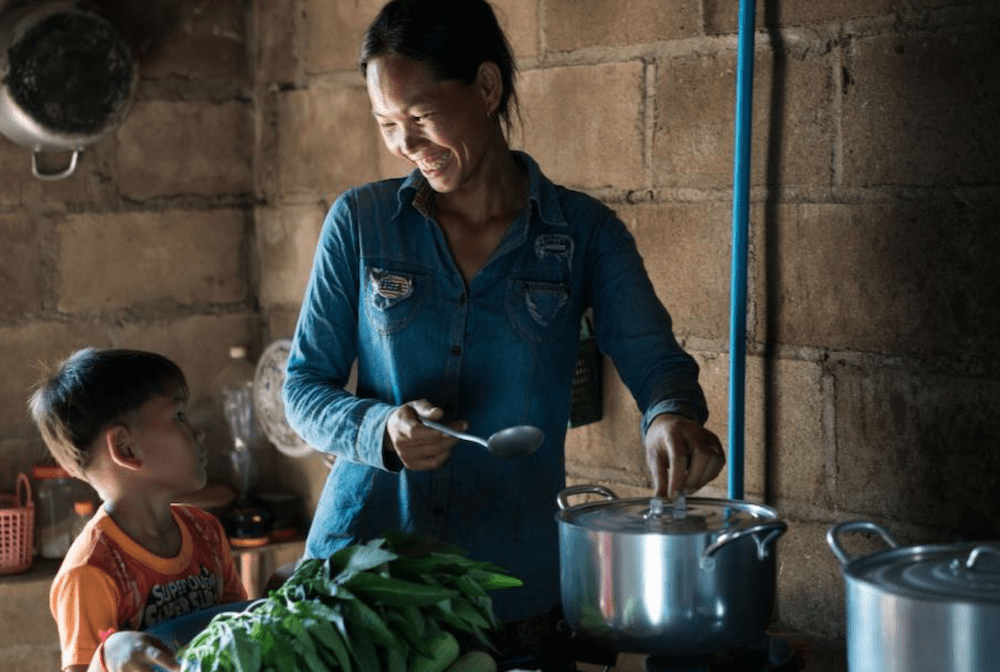Improving global cooking conditions is a primary focus of Sustainable Development Goal (SDG) 7, which aims to ‘ensure access to affordable, reliable, sustainable, and modern energy for all.’ Compared to other SDG 7 targets, however, there has been little progress in expanding access to modern cooking and heating technologies. Nearly 3 billion people still lack modern cooking and heating resources.
Innovative ways for bridging this investment gap are needed if SDG 7 is to be achieved. The World Bank has used results-based financing (RBF) widely in the health and climate impact sector. Borrowing from this experience, the World Bank works to support approaches in which impact-driven funds could be deployed to pay for verified climate, health, and gender impacts from ECCH interventions. If such funds could be unlocked, they could serve as an innovative way to: (i) attract other funds that target public good benefits for climate, health, and gender; (ii) develop the market for ECCH by catalyzing private investment, innovation, and risk taking; and (iii), over time, mainstream approaches to quantify the benefits of ECCH into national policies and budgetary allocations. This type of RBF approach builds on recent progress in developing methodologies to measure health, gender, and expanded climate (black carbon) benefits.
This World Bank study, implemented under the programmatic Advisory Services and Analytics for the Energy Sector Management Assistance Program (ESMAP) Efficient Clean Cooking and Heating Program, documents the findings from the first phase of methodologies review of the Field Study on Quantifying and Measuring Climate, Health, and Gender Co-Benefits from Clean Cooking Interventions. The W+ Standard is featured as one of the methodologies that could be used to measure health impacts and other gender co-benefits of clean cooking interventions.
Click HERE to access the report.
Citation: Energy Sector Management Assistance Program (ESMAP). 2020. Quantifying and Measuring Climate, Health, and Gender Co-Benefits from Clean Cooking Interventions: Methodologies Review. Washington, DC: World Bank.
Report Cover Photo @: SNV

